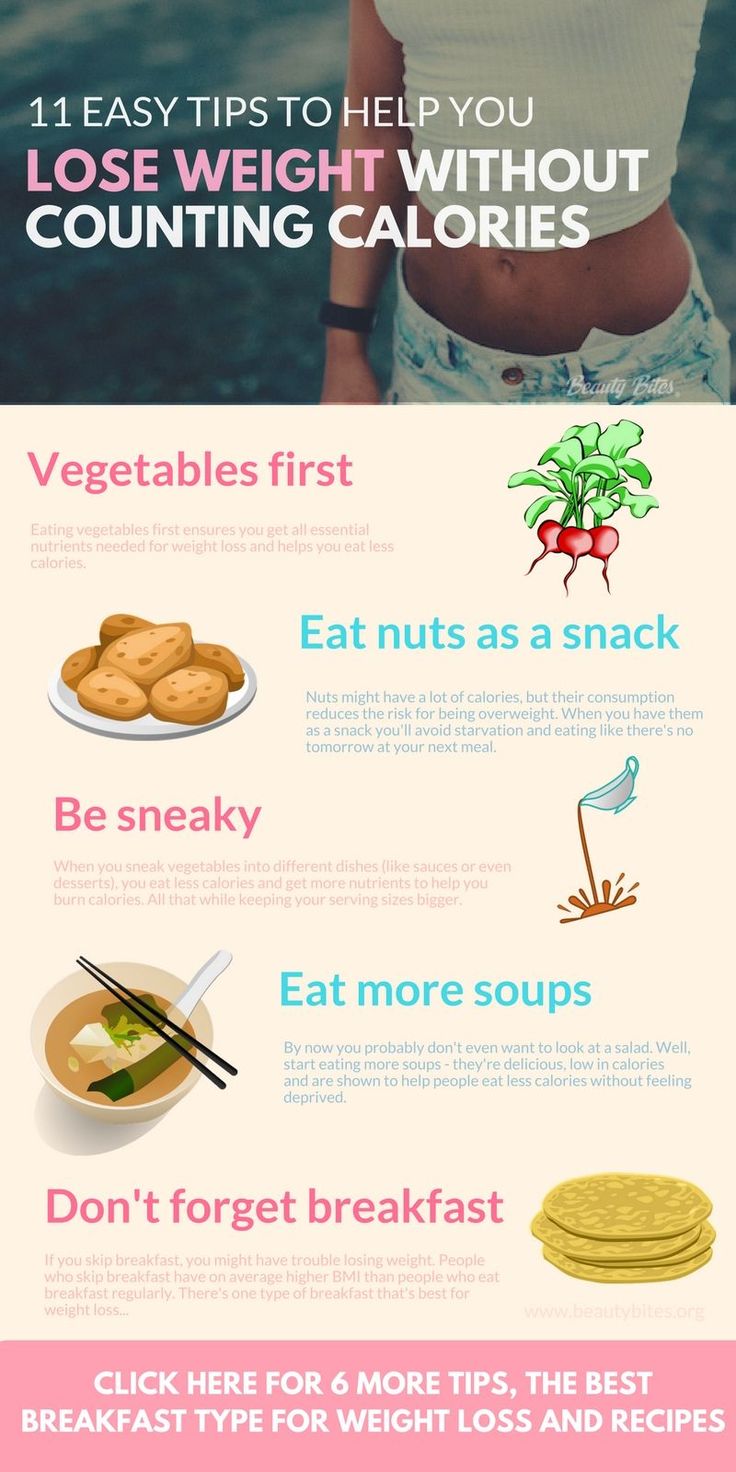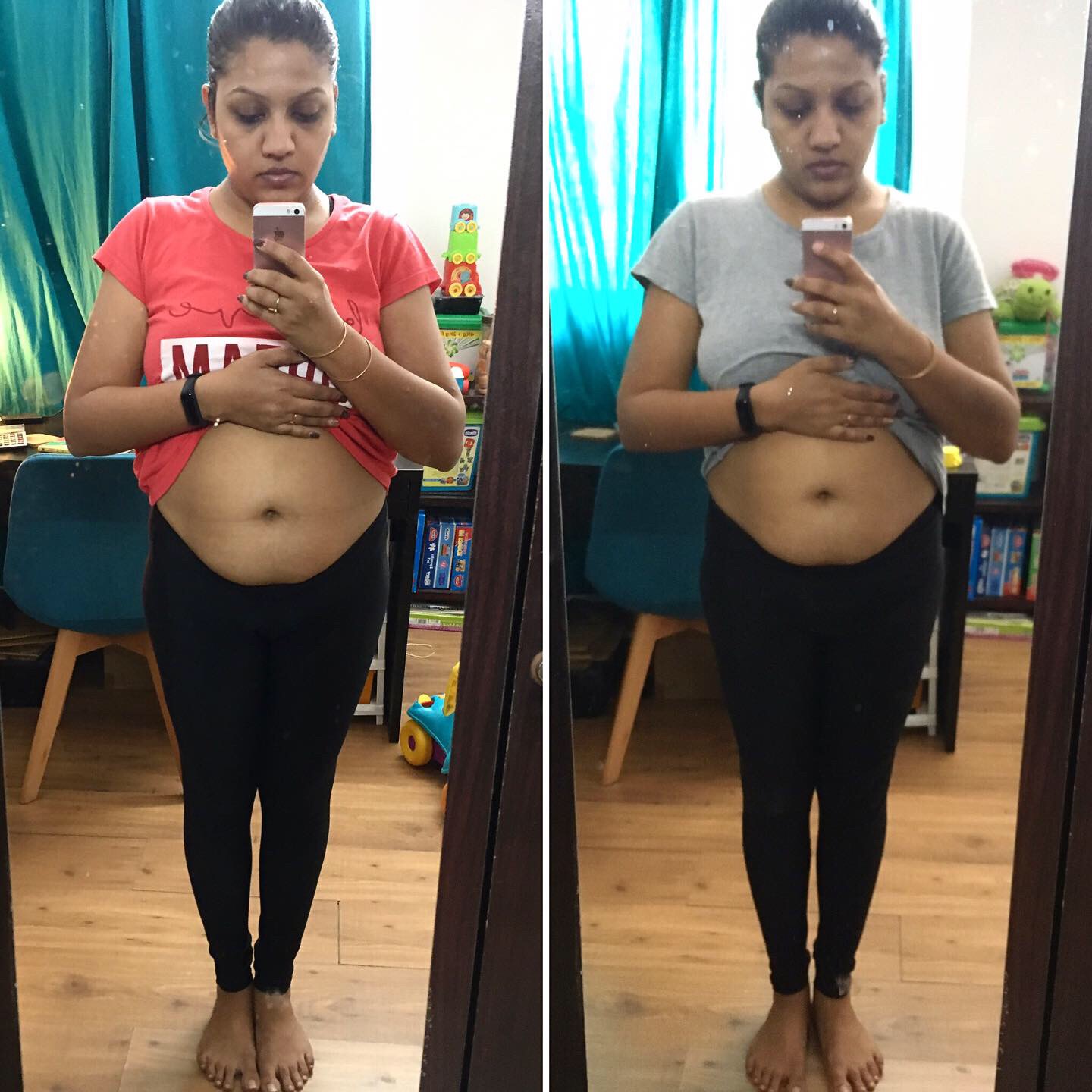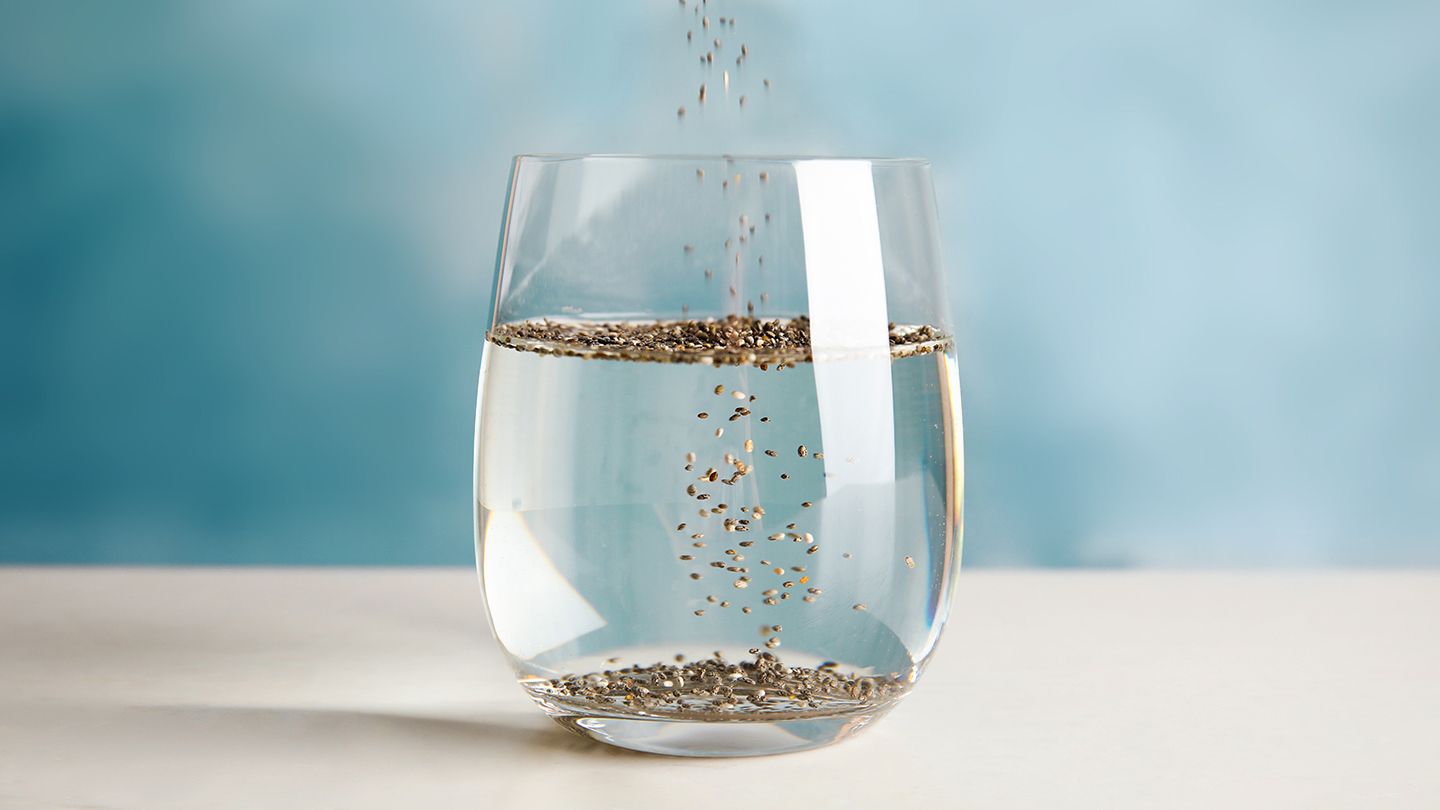
It takes just 15 minutes to get a complete body workout. Using Bodyweight exercises, Tabata intervals, Jump rope, or Barbell wrist curls, these workouts can leave you feeling and looking fit. Nicole Uribarri, program director and founder of Bande, has created an effective and fun workout for just 15 minutes.
Tabata intervals
It is a good way to lose weight. This training makes your body burn more fat when you exercise, and it also requires your body work harder to recover. This is EPOC, which stands for excess post-exercise Oxygen consumption. It will also increase your metabolic rate at rest.

Bodyweight exercises
Even just 15 minutes of exercises using bodyweight can provide a great workout. Pushups as well sit ups and planks can be performed. Add sprints or bird dog exercises to your exercise routine. You can feel more confident about your body by doing exercises that are bodyweight.
Jump rope
Jumping rope is a great way to burn calories and use your whole body. This is a great way to burn calories if you are limited on time. A 15-minute exercise on the ropes can burn more calories then a half-hour spent riding a stationary bike or elliptical. It keeps your muscles engaged and curious.
Barbell wrist curls
Before starting a workout that includes Barbell wrist curls, you should do some warm-ups to your forearms. Warm up your forearm muscles by doing palm presses, and moving weights in your hands. This will help prevent wrist strain and increase muscle thickness.
Standing calf raises
Standing calf lifts are a great way of toning your legs. To do this, squeeze your calf straight up. To add resistance, you could also add weight. For each leg, do three sets with 12 reps. In between each set, pause for at minimum one minute.

Swimming pool exercise
Swimming pool workouts for 15 minutes can be beneficial for your fitness. These exercises will improve your swimming skills and provide a great workout. You can also do dolphin exercises in the pool. These exercises will help you strengthen your core, back, and legs all at once. The best way to do dolphin workouts is in a pool with a depth of five to six feet. Stand with your chin slightly above the surface of the water to perform the exercise. Your left hand should extend straight in front.
FAQ
Does intermittent fasting affect my sleep?
Intermittent fasting is a good thing for your sleep. Your hunger hormones rise when you skip meals. You might wake up every night as a result.
Experts recommend skipping breakfast. They recommend eating a light snack before bed.
If you are still hungry after your snack, you can eat a small dinner right before you go to bed.
However, you should not overeat. If you do this, you might gain weight instead of losing it.
Why exercise is important to weight loss
The human body, an amazing machine, is incredible. It was built to move. It's designed to move.
Exercise is good for your health and helps you tone your muscles. This makes you feel better physically and mentally. You may have heard people say "exercise is important for weight loss." But why exactly does exercise help lose weight?
-
Exercise can increase metabolism. Active people use energy. Your heart rate increases, blood flow to your muscles and oxygen is absorbed from your lungs when you move. These activities all require energy. You can burn calories more easily by exercising and increasing your metabolic rate. You can calculate how many calories your body burns by doing physical activity.
-
Exercise reduces appetite. If you eat less while you are working out, you will naturally eat fewer calories throughout the day.
-
Strengthen your body through exercise Muscle tissue is more energetic than fat tissue. So if you build lean muscle mass, you will need less food to maintain your current weight.
-
Exercise releases endorphins. Endorphins are hormones that make you happy. They are released into the bloodstream during exercise. Studies have shown that endorphins can block pain signals reaching your brain. This creates a sense of well being.
-
Exercise boosts self-esteem. Regular exercise leads to higher self-esteem. People who exercise regularly live longer and healthier lives.
Make small changes to lose weight. You can add one of these tips into your daily life today.
What foods will help me lose weight more quickly?
You can lose weight more quickly by eating fewer calories. This can be done in two ways:
-
Reduce the amount of calories that you consume each day.
-
Physical activity can help you to burn more calories.
Reducing the number of calories you eat is easier said than done. It's no surprise that we are constantly bombarded with high-calorie fast food options. But, here's a list of foods that will help you shed those extra pounds.
-
Beans are high on fiber and protein. They have very little fat making them a great option for dieters trying to reduce their caloric intake.
-
Oatmeal is low on calories but high in nutrients, such as magnesium or potassium. Plus, it contains less sugar than other cereals.
-
Eggs are high in cholesterol and protein. Eaten eggs one or two times a week can help boost metabolism and allow you to burn more calories.
-
Whole grain bread has been shown to reduce hunger pangs so that you may feel fuller longer.
-
Dark chocolate is rich in antioxidants and flavonoids. These substances have been shown to improve heart health and lower blood pressure.
-
Cottage cheese is rich in calcium which aids in bone strength. It is also rich in vitamin D, which increases immunity.
-
Omega-3 fatty Acids are a key component of salmon. They promote brain development, and improve cardiovascular function.
-
Green tea is rich in catechins, compounds which fight cancer and increase metabolism.
-
Broccoli, a rich source of folic acid, is great for lowering homocysteine levels. Homocysteine concentrations that are too high have been linked with an increased risk for heart disease and stroke.
-
Yogurt is a great way to add probiotics into your diet without loading up on added sugars. Probiotics are vital for good digestive health.
-
Berries make a great snack and are very nutritious. All of these are excellent sources for vitamins and minerals, including blueberries, strawberries and blackberries as well as raspberries and cranberries.
-
Avocados are packed with healthy fats. A half avocado has only 80 calories and offers plenty of filling fiber and potassium.
-
Nuts are a delicious snack option and a great source protein. All kinds of nuts are great choices, including almonds.
-
Sweet potatoes are another starchy root vegetable rich in beta carotene. It makes your skin shine. Because of their higher beta carotene levels, orange sweet potatoes are particularly good.
Can I eat fruits when I am intermittently fasting?
You can't go wrong with fruits. They contain vitamins, minerals, fiber and antioxidants. They also contain sugar, which can lead to blood glucose levels rising. This can cause insulin resistance and weight gain. If you want to lose weight while following an IF diet, then make sure you choose low glycemic index fruits such as apples, pears, berries, melons, oranges, peaches, nectarines, plums, apricots, cherries, and kiwi.
How to Make an Exercise Plan?
First, create a routine. You should know what you will do each week and how long. This helps you plan and prevents procrastination.
A second important thing to do is ensure you have lots of variety when it comes to your exercise routine. You don't want your exercise to be monotonous.
Also, you need to keep track on your progress. It's important that you keep track of the weight you have gained or lost over time.
If you lose weight and then gain more weight, it is easy to lose your motivation. It's harder to stay motivated if you gain too many pounds.
Try to strike a balance in your weight loss and weight gain. You'll find it harder to exercise if you don't like where you are at the moment.
Is there a difference in intermittent fasting and calorie restrictions?
Calorie restriction is a way to eat less than your body needs. Intermittent fasting is different because it doesn't involve restricting calories. Intermittent fasting focuses more on eating fewer calories every day.
Intermittent fasting can be more effective as it allows you to eat the foods you love and not feel guilty.
Both methods have their merits and weaknesses. Therefore, you need to decide whether you prefer one method over another.
How long should I do Intermittent fasting to lose weight?
It's not as easy to answer as you might think. There are many factors that need to be taken into consideration when deciding how many days of fasting is necessary for optimal fat loss. These include:
-
Your age. If you are younger than 40, intermittent fasting might be too difficult because you have less time for recovery after each fast. However, intermittent fasting may be too difficult for older people (over 60) who might not have the energy to continue a long period of daily fasting.
-
Your current body composition. Your current body composition. If you have a lot more muscle mass than you need, then you will likely be more successful with longer fasting periods. You may find shorter fasting more beneficial if your muscle mass is low.
-
How physically active. If you exercise regularly, you may need to extend your fasting window to ensure that you still get adequate rest between workouts.
-
Your past health history. Some people with medical conditions like diabetes, heart disease, cancer, etc., may require additional fasting monitoring.
-
How well do you tolerate stress? Stressful situations often make us eat less. You may need to extend your fasting times in order to avoid this problem.
-
It is the type of diet you are following. Certain diets, like ketogenic diets, may require even longer fasting periods.
-
Your quality of sleep. Also, a lack of sleep has been linked with increased appetites and decreased metabolism. Therefore, it may take some experimentation before determining what works best for you.
-
The amount of protein that you consume. Consuming more protein helps to stabilize blood sugar levels. This could lead to lower insulin levels. This would allow you be more consistent in your fasting.
-
It doesn't matter if you want to gain or lose fat, those who are trying for weight gain will often require longer fasting periods.
-
What percent of your daily calories are you consuming during your fasting time? Fasting for fewer calories per days may lead to greater fat loss than fasting with more calories.
-
Your overall fitness level. Faster people are more likely to be fit, and burn more calories during the day.
-
Your gender. Men have greater appetites than women and may need to fast longer. Women have smaller appetites than men, so they may need to fast just 20-30 minutes each day.
-
Your lifestyle. Are you someone who is active? Do you workout several times each week? Does your job involve sitting at a desk all day long? All of these things can affect the amount of time you should fast.
-
What amount do you spend on food each month? You don't have to spend much on groceries to eat healthy food. Whole grains can be substituted for white bread, whole fruits can be purchased instead of candy bars and lean meats over fatty cuts.
-
How important it is for you to control your hunger. You might not have to fast as much if your hunger isn't a problem.
Statistics
- Among women, the increase in metabolic rate was nearly 4%, or 50 more calories per day (14Trusted Source (healthline.com)
- It's estimated that half of all American adults attempt to lose weight every year (1Trusted (healthline.com)
- According to Harvard Health, it's estimated that a 155-pound (70-kg) person burns around 167 calories per 30 minutes of walking at a moderate pace of 4 mph (6.4 km/h) (5). (healthline.com)
- According to a study sponsored by the American Council on Exercise, a person weighing around 140 pounds (64 kg) would burn 108 calories at a 30-minute beginner's Pilates class or 168 calories at an advanced class of the same duration (26). (healthline.com)
External Links
How To
How to Intermittent Fasting
Intermittent fasting, a type of dieting that allows you to only eat one time per week, generally Monday through Friday. This allows you to reduce your calorie intake and still get adequate nutrition. This helps you lose fat more quickly than if it were your normal meals for the entire week.
The most common form is to limit calories for certain days. This means that you might skip breakfast every day and then indulge in whatever food you desire throughout the day. You could also choose to eat three small meals daily rather than two large ones.
There are many types of intermittent fasting. Each type of intermittent fasting has its pros and cons. Because you don't need to make major lifestyle changes, alternate day fasting can be the easiest way to get started. However, for some people it can be difficult to follow a strict diet, so they may prefer to explore other options.
If you want to try intermittent fasting, I suggest starting with alternate-day fasting. This will allow your lifestyle to be gradually altered while you transition into more extreme fasting.